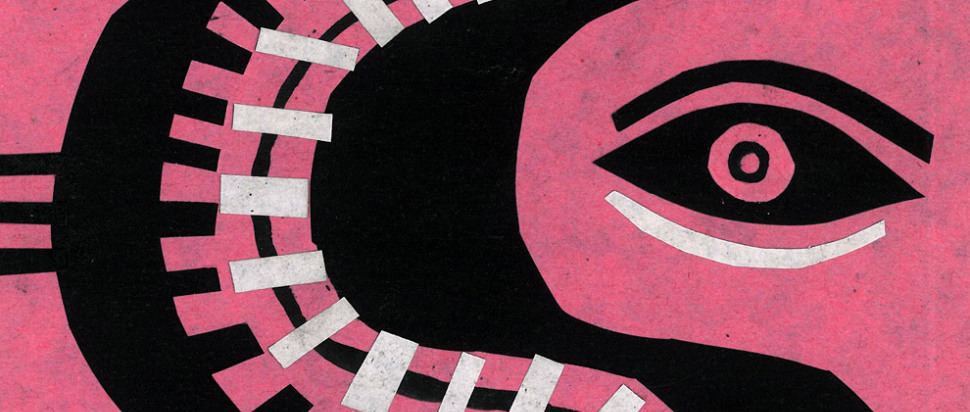Love Bites: Bleeding Out in RPGs
This month’s columnist explores the phenomenon of 'bleed' in RPGs, where real life and your role in the game start to influence one another
Sometimes, the boundary between real and make-believe in a roleplaying game (RPG) goes a bit fuzzy. Players use the term 'bleed' to describe this phenomenon. 'Bleed-in' means that circumstances from your real life begin to affect your in-game character. 'Bleed-out' means the opposite: that events from a game begin to influence your real life. Bleed isn’t necessarily a bad thing, but it can cause elements of your game – or your life – to go slightly awry.
RPGs (and Live Action RPGs in particular) have been a safe space for me to reconnect with my sense of play. Beyond that, they often give me the tools to tap into the emotional impulses I have learned to mask in my day-to-day life. In most RPGs, you control your character’s decisions. As a result, the consequences of your character’s actions can feel pretty personal.
Every now and then, something in a game strikes a chord with my real life. For me, the most common emotions associated with bleed-out are grief and attraction. Grief may stay with me because of how taxing it is to experience, even in make-believe. But attraction – I hesitate to call it 'love' – capitalises on an unfulfillable desire to fall in love with a real version of a fantasy. Bleed-out lets us believe, however briefly, that that fictional heartthrob we’ve been playing with was actually inside a real person all along.
At its worst, bleed-out tricks us into looking for something that isn’t there, and it can be painful and embarrassing. But, more often, bleed-out reminds us how capable we are of feeling deeply. The friendships we make in RPGs are strengthened by the exposed nerves we show each other. Sometimes games leave me emotionally exhausted, but it’s those flashes of vulnerability that keep me coming back.
